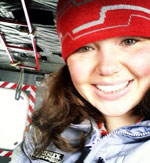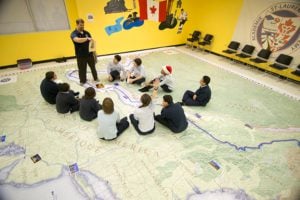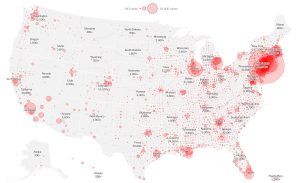
People & Culture
With old traditions and new tech, young Inuit chart their changing landscape
For generations, hunting, and the deep connection to the land it creates, has been a mainstay of Inuit culture. As the coastline changes rapidly—reshaping the marine landscape and jeopardizing the hunt—Inuit youth are charting ways to preserve the hunt, and their identity.
- 5346 words
- 22 minutes




